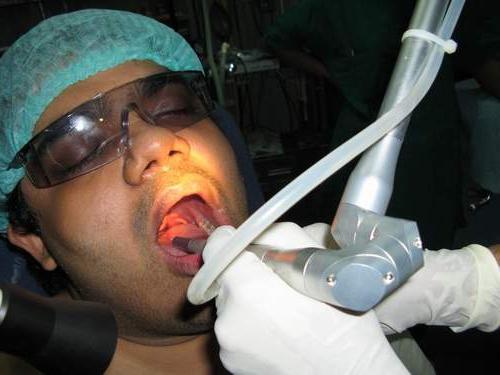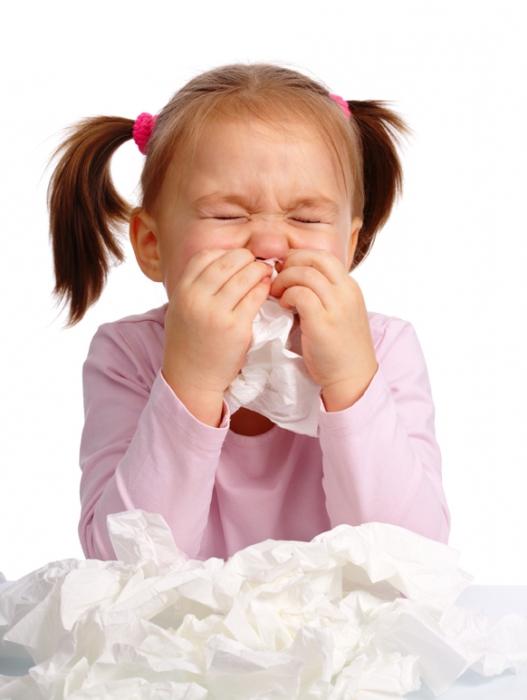Is it necessary to treat acute pharyngitis?
Acute pharyngitis is very often the basisfor the reference to the doctor-otolaryngologist. A typical complaint of the patient indicates a sore throat, however, fever, lymphadenopathy, pain when swallowing may join. Very often pharyngitis has a viral etiology, but there is also a bacterial form of the disease. In modern medical practice, pharyngitis is not used for bacterioscopy, since there are a large number of microorganisms in the oropharynx, many of which are not causes of the disease. Diagnosis of viral pharyngitis is often limited to a visit by an otolaryngologist. In more thorough diagnosis, patients who have a history of certain risk factors or suspicion of the onset and development of infectious diseases need them.
Diagnosis of acute pharyngitis
As an independent pharyngitis diseaseoccurs in the presence of pathogens, but often this disease occurs as concomitant with tracheitis, bronchitis, laryngitis, and also with certain diseases of the gastrointestinal tract. Symptoms of pharyngitis are expressed in the swelling and infiltration of the mucosa, in the expansion of internal vessels. The inflammatory process can spread to the larynx, auditory tubes or nasopharynx. In this case, patients often complain of a burning sensation, dryness, pain in the pharynx, temperature with pharyngitis does not increase or subfebrile. Diagnosis of acute pharyngitis does not present special difficulties for the doctor, however, it is necessary to clearly differentiate it with catarrhalic dysentery, diphtheria, or some infectious diseases.
Treatment of acute pharyngitis
In most adult patients, acute pharyngitisIt is treated well, after the course of symptomatic therapy there is a complete recovery without complications. For this, symptomatic remedies are most often used: gargling with sugary broths, chamomile or chlorophyllth infusion, plentiful drink, antipyretic agents. Often with pharyngitis, inhalations are used with various aerosols with anti-inflammatory and antibacterial action (Stopangin, Bioparox, Hexoral), antihistamines are prescribed for the removal of puffiness. It is recommended to exclude from the diet acute, acidic, too hot or too cold food and observe the voice mode. Acute pharyngitis in children very often can be complicated by a bacterial infection, and therefore the pediatrician should assess the situation and promptly prescribe antibacterial treatment in order to avoid complications.
Acute bacterial pharyngitis
The most common cause of acutebacterial pharyngitis are group A streptococci, with such a development of the disease it is very important to start adequate antibiotic therapy in time. If this disease is not treated in time, it can cause complications such as kidney damage, heart, rheumatic changes and paratonzillar abscess. Acute streptococcal pharyngitis can be recognized by the criteria of Centor:
- An acute beginning. Sharp pain in the throat.
- Scurf on the tonsils.
- The cervical nodes are enlarged and painful.
- Fever. Cough and runny nose absent.
If at least three of the four criteria take place, the patient is treated with antibiotics.
Acute pharyngitis does not apply to seriousdiseases that threaten the health or life of a person, but this does not mean that he should not beware. A healthy lifestyle, lack of hypothermia and timely treatment of viral diseases is an excellent prevention of acute pharyngitis.
</ p>>





